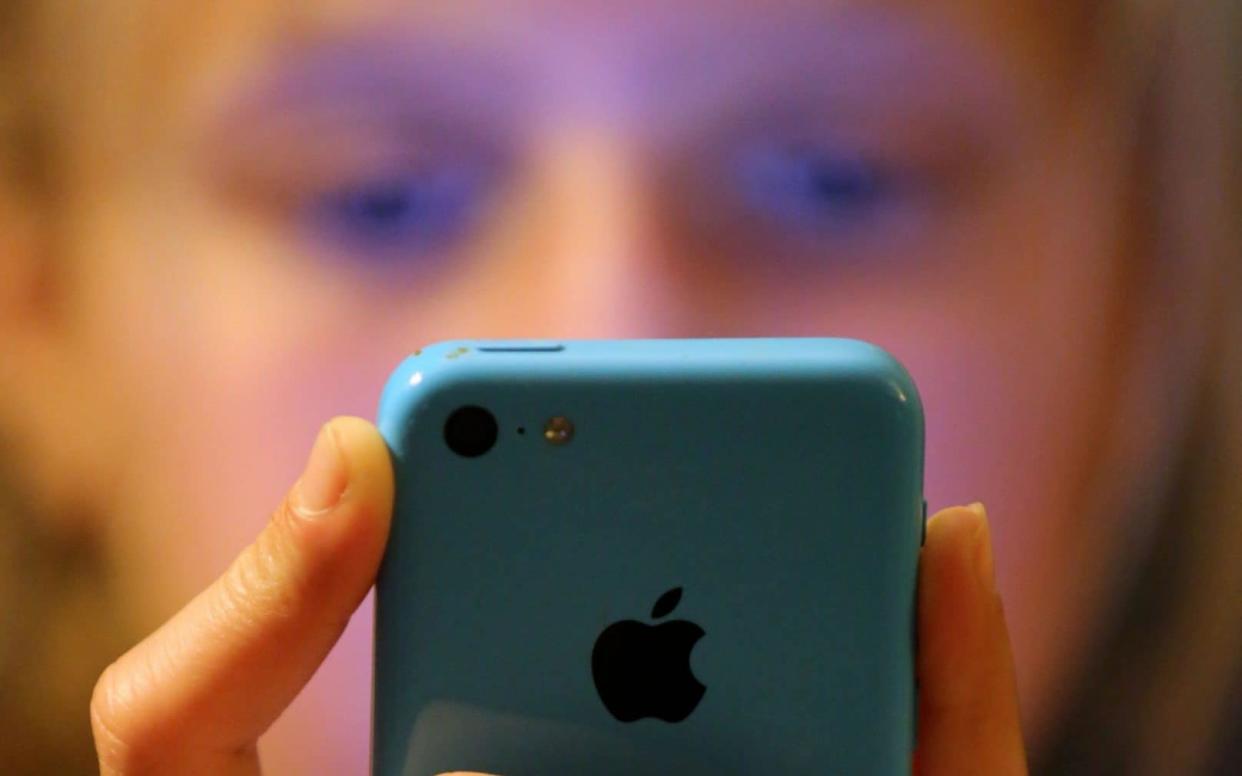Teenagers more irritable and prone to procrastination due to using social media earlier in life, new study finds

Teenagers are becoming more irritable and prone to procrastination because they are using social media earlier in life, a new study has found.
A survey of 2,000 13 to 19-year-olds revealed those who started using social media the earliest showed stronger signs of ten mental health symptoms, including anxiety, feeling overwhelmed and insomnia.
The symptoms most commonly felt by teenagers who used social media from a young age were ‘irritability’ and ‘low self-esteem’. In contrast, teenagers who did not use social media at all reported lower instances of all ten symptoms.
The study, carried out by Opinium for the health care provider Bupa, showed that almost a fifth of teenagers had started using social media at age 10 or younger. Social media companies have a minimum age of 13, but the process is easily circumvented as there is currently no watertight age verification.
More than a quarter of teenagers (27 percent) admitted that they had a social media account their parents didn’t know about.
The research also found that social media is making teenagers more stressed as more than half (53 percent) said it distracted them from schoolwork, which in turn led to them becoming more concerned about their academic performance.
Bupa said the results are the first in what will become an annual index of the state of young people’s mental health, which the company has committed to carrying out after seeing claims for mental health issues double in the last ten years.
Dr. Pablo Vandenabeele, Clinical Director for Mental Health at Bupa UK, says: “It’s really tough for parents these days to protect their child from things that could harm their mental health.
“Even restricting ‘screen time’ or specific social media might not be enough, and our findings suggest some social platforms can significantly drive up anxiety and stress, especially if the child starts on them at a young age.
“Despite the stereotype, teens really judge themselves on their academic performance, but social can promote procrastination, which amplifies this stress and worries around grades.”

 Yahoo News
Yahoo News 
